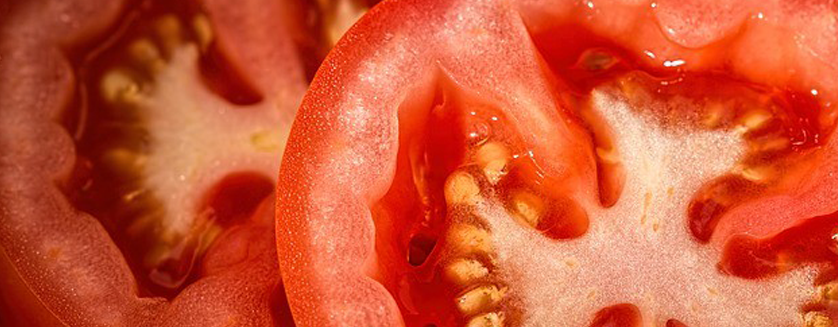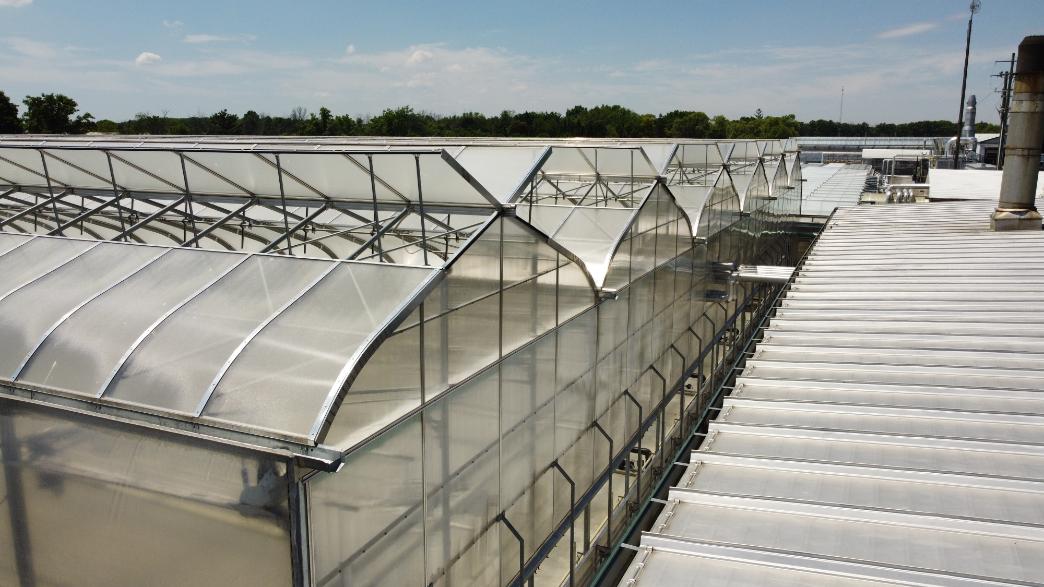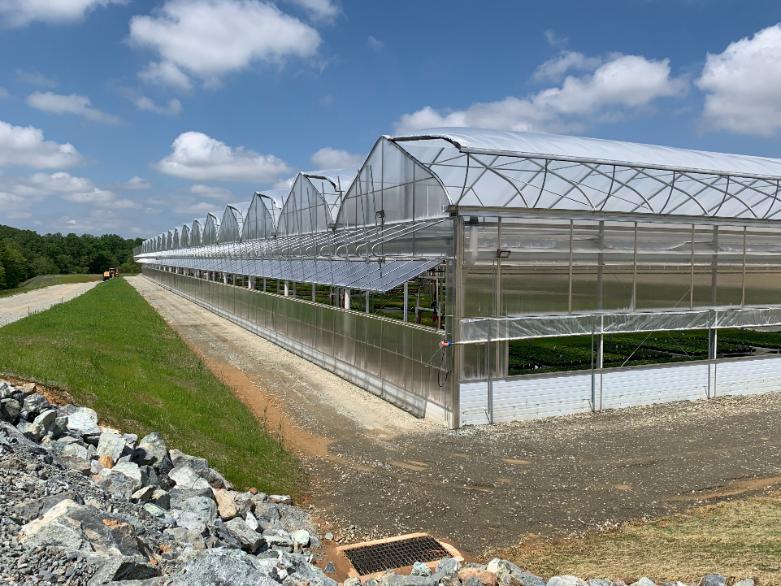Will GM Tomatoes be Used to Fight Diseases in the Future?
One genetically modified tomato holds the same amount of Resveratrol as fifty bottles of red wine.
Scientists at the John Innes Centre have developed a new strain of genetically modified tomatoes that are able to efficiently produce industrial volumes of natural disease-fighting compounds such as Resveratrol and Genistein. This process could also be used to grow other natural chemicals in tomatoes.
Resveratrol is a member of the phenylpropanoids; an antioxidant found in grapes (when processed also in red wine), which has been reported to increase the lifespan of animals in certain animal studies. It may also be an effective supplement to fight cancer, heart conditions, Alzheimer’s disease and diabetes, but these claims are yet to be scientifically proven as there are still mixed opinions on the effects of Resveratrol. The researchers have been able to produce a tomato that has the equivalent amount of Resveratrol as fifty bottles of red wine.
Another GM tomato produced larger quantities of Genistein, a compound normally found in soya beans, which has been linked to the prevention of steroid-hormone related cancers, such as breast cancer. One such tomato had comparable levels of Genistein as eating 2.5 kg of tofu.
Professor Cathie Martin from the John Innes Centre said:
“Our study provides a general tool for producing valuable phenylpropanoid compounds on an industrial scale in plants, and potentially production of other products derived from aromatic amino acids. Our work will be of interest to different research areas including fundamental research on plants, plant/microbe engineering, medicinal plant natural products, as well as diet and health research.”
The key to turning tomatoes into “natural pharmaceutical laboratories” lies in a protein called AtMYB12 that is found in the Arabidopsis thaliana, which is a small flowering plant that is generally used as a model organism in plants. By adding explicit genetically encoded enzymes scientists trigger the production of Resveratrol or Genistein (as much as 100 mg of compound per gram of dry weight).
Growing these proteins in tomatoes acts like an engine to boost the levels of phenylpropanoids and flavanoids. The same procedure could in the future be used to mass produce other natural occurring compounds that are the basis of many medications.
The people behind this experiment want to provide a more cost effective way of mass producing beneficial plant compounds, rather than synthesising them artificially or squeezing insignificant amounts from soya beans, grapes and in the future other natural sources of beneficial compounds. Tomatoes have been chosen because they have very high yield crops that don’t require much attention and are relatively cheap to grow; yields can be as high as 500 tonnes per hectare.
Co-author of the study Dr Yang Zhang said:
“Medicinal plants with high value are often difficult to grow and manage, and need very long cultivation times to produce the desired compounds. Our research provides a fantastic platform to quickly produce these valuable medicinal compounds in tomatoes. Target compounds could be purified directly from tomato juice. We believe our design idea could also be applied to other compounds such as terpenoids and alkaloids, which are the major groups of medicinal compounds from plants.”
These findings have been published in the journal Nature Communications in a paper titled: “Multi-level engineering facilitates the production of phenylpropanoid compounds in tomato”.
Source: http://www.thelatestnews.com/will-gm-tomatoes-be-used-to-fight-diseases-in-the-future/







